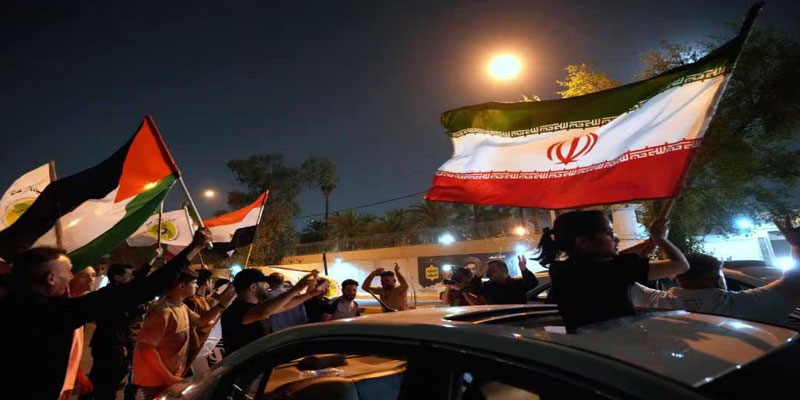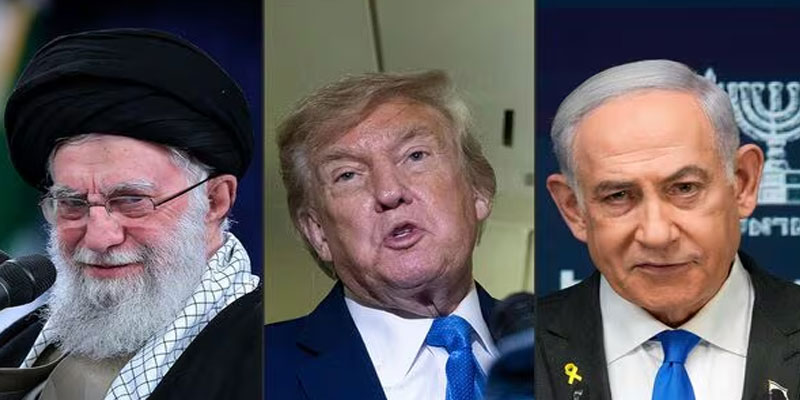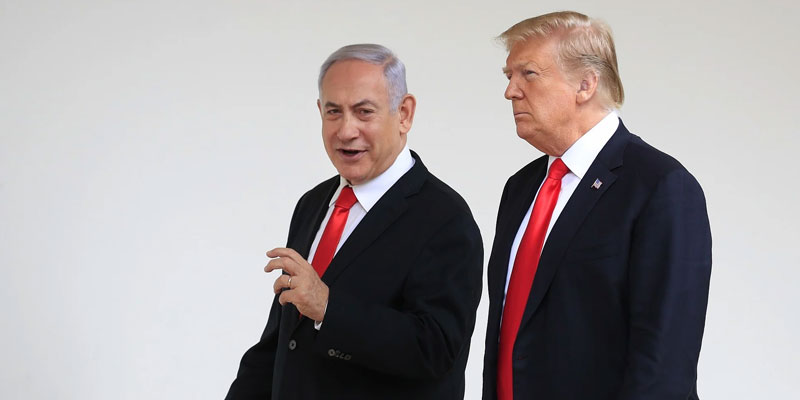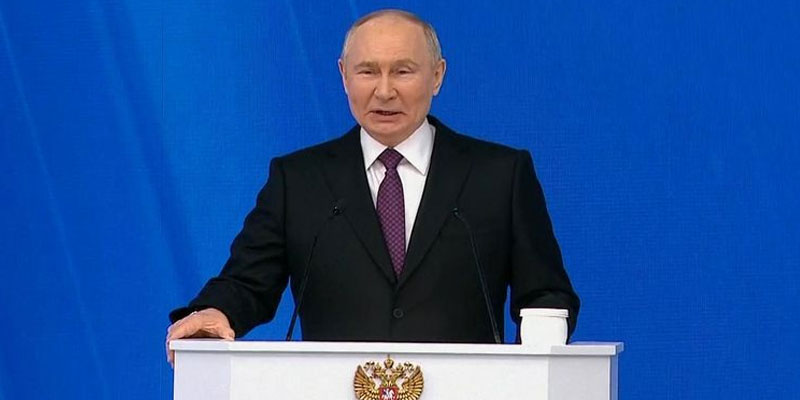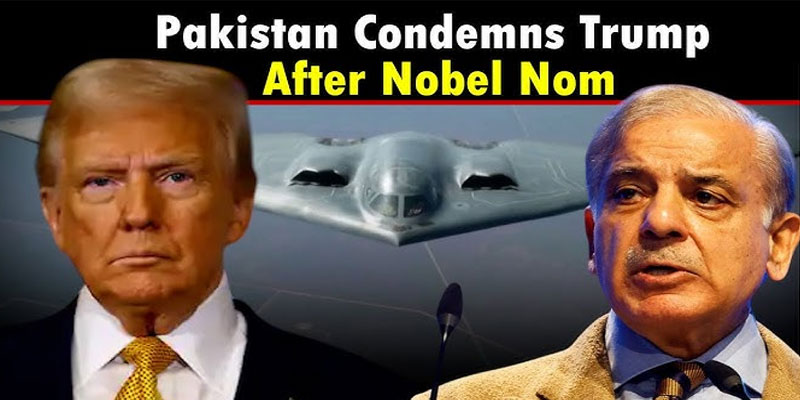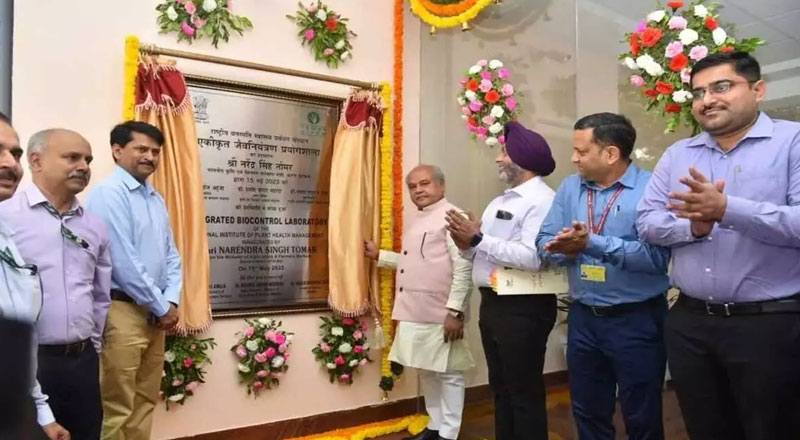A Bold New Venture in Southeast Asia
The Trump Organization, led by U.S. President Donald Trump’s son Eric Trump, has officially broken ground on a $1.5 billion luxury golf and residential development in Vietnam’s Hung Yen province, just outside Hanoi. Backed by Vietnam’s Communist government and carried out in partnership with local real estate firm Kinhbac City, the 990-hectare (2,446-acre) project will feature three championship-level 18-hole golf courses, five-star hotels, luxury residences, and state-of-the-art amenities.
This ambitious collaboration reflects the Trump Organization’s continued global expansion into high-end hospitality and golf, tapping into Asia’s fast-growing market for premium real estate and tourism infrastructure.
Political Ties and Strategic Timing
The project's groundbreaking was attended by Vietnam’s Prime Minister Pham Minh Chinh and Eric Trump, signaling its high political significance. The Prime Minister praised Eric’s presence, noting it “motivated us to expedite this project,” and urged local authorities to fully support its timely completion by 2027.
Interestingly, the launch comes amid delicate trade negotiations between Vietnam and the United States, with Vietnam working to avoid punitive tariffs—originally announced as part of President Trump’s “Liberation Day” tariff strategy. Those duties, potentially as high as 46%, have been paused for 90 days while talks proceed.
Vision of Global Luxury and Diplomacy
Eric Trump, Executive Vice President of the Trump Organization, was effusive in his praise of the Vietnamese partnership. “Projects to be developed in Vietnam will be the envy of all of Asia and of the entire world,” he declared, promising frequent visits and hinting at future developments—including plans for a skyscraper in Ho Chi Minh City.
This statement aligns with the Trump brand’s core vision: combining architectural ambition, luxury hospitality, and market strategy to create destination properties that double as soft-power symbols. From Indonesia to the Middle East, and now to Vietnam, the organization has carefully positioned itself at the intersection of real estate, prestige, and politics.
Local Reactions and Land Concerns
While the project's promise of investment and tourism is broadly welcomed by local communities, concerns about land acquisition and compensation persist. "Hopefully, we will get a reasonable compensation when they take the land for the project," said Ha Nho Son, a 61-year-old farmer.
Prime Minister Chinh has responded to such concerns with repeated assurances that affected residents will be fairly compensated. As with many large-scale developments in emerging markets, the balance between economic growth and social equity remains delicate.
Geopolitics, Business, and Soft Diplomacy
The Vietnam project also offers a unique lens into the fusion of private business and public diplomacy. While not formally in office, Donald Trump remains a towering political figure, and his organization’s activities can influence perceptions and bilateral relations.
Vietnam’s openness to U.S.-led projects—even amid trade pressure—demonstrates its desire to balance global partnerships. Notably, Vietnam has reportedly offered concessions such as lowering trade barriers and easing market entry for Elon Musk’s Starlink, a venture closely aligned with Trump-world business interests.
Conclusion: A Resort or a Statement?
Beyond the manicured greens and luxury villas, this golf resort represents something deeper: a convergence of business ambition, global diplomacy, and national development. For Vietnam, it’s a chance to attract investment and global attention. For the Trump Organization, it’s a powerful symbol of continued global relevance and aspirational brand identity.
In an era where business moves can double as geopolitical statements, this project may be more than just real estate—it might be soft power with a golf swing.
(With agency inputs)





